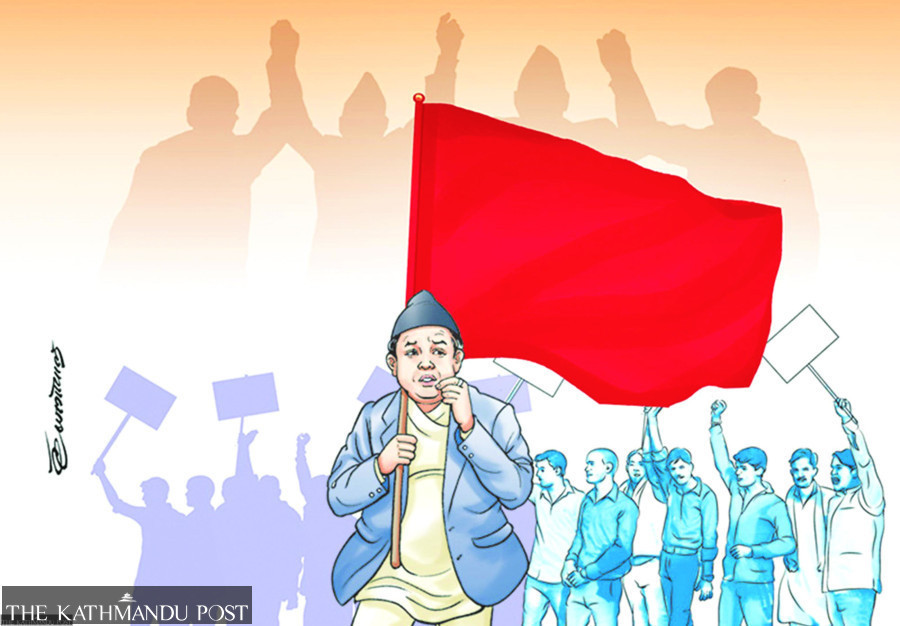Editorial
On the same boat
Small parties like to blame the big ones for being undemocratic. Yet they are often worse.
Following the Constituent Assembly’s overthrow of absolute monarchy in 2008, Nepal is being ruled by political parties. Some combination of the Big Three–the Nepali Congress, the CPN-UML, and the CPN (Maoist Centre)—have been at the helm since then. In this time, people have been increasingly disenchanted by their performance. Recent election results suggest the electorate is looking for alternatives.
The country officially institutionalised a full-fledged federal democratic republic through the promulgation of the constitution in 2015. Despite the political parties’ failure to deliver, Nepali people won’t tread a regressive path or choose an undemocratic political system. The only way forward is to press the political forces to correct themselves. Healthy competition is their lifeblood. A political party becomes strong only when it embraces inter- and intra-party competition.
In Nepal, dissident factions often raise their voice for intra-party democracy against the party establishment. And, in the course of fighting for the rights within their organisations, they even resort to splitting the party and forming new outfits. But once they split, the leaders of these new outfits themselves flout democratic norms. This is unfortunate. Dissident factions have at one time or another split each of the three big parties. But no splinter group has emerged as a threat for the mother parties as the new outfits. The traditional parties that have been the country’s leading political forces for decades won’t change unless they feel a real threat from the emergent outfits.
The CPN (Unified Socialist) on Wednesday elected its office bearers a month and a half after its general convention in the first week of July. The leaders including Unified Socialist chair Madhav Kumar Nepal, who split the UML party citing lack of internal democracy, didn’t allow delegates in the new party to elect leaders through voting. They sent party representatives to their homes and nominated central committee members. The party’s three leaders—Chairman Nepal, senior leader Jhalanath Khanal and General Secretary Ghanashyam Bhusal—had finalised the names of the central members. Now, the office bearers have been elected but the central committee members voted to elect them, not the delegates of the general convention. This is a more regressive system than those being practised by the Congress and the UML, the two outfits that are themselves struggling to practise internal democracy. These two old parties, despite their shortcomings, at least elect leaders directly via party representatives.
Just like the Unified Socialist, the Janata Samajbadi Party-Nepal led by Upendra Yadav has appeared as undemocratic. The party chair was re-elected unopposed from the party’s general convention in the second week of June. The party then gave him sole authority to pick other office-bearers. Two and half months after its general convention, Yadav hand-picked office-bearers and central committee members only on Monday.
Without intra-party democracy, inclusion and transparency, no outfit can attract new members. The tendency of fringe parties neither strengthens these organisations nor can they build a threat to big parties. And if these old parties feel they are irreplaceable, they too could start rolling back even limited internal democracy they practise, much to the country’s detriment.




 16.12°C Kathmandu
16.12°C Kathmandu














